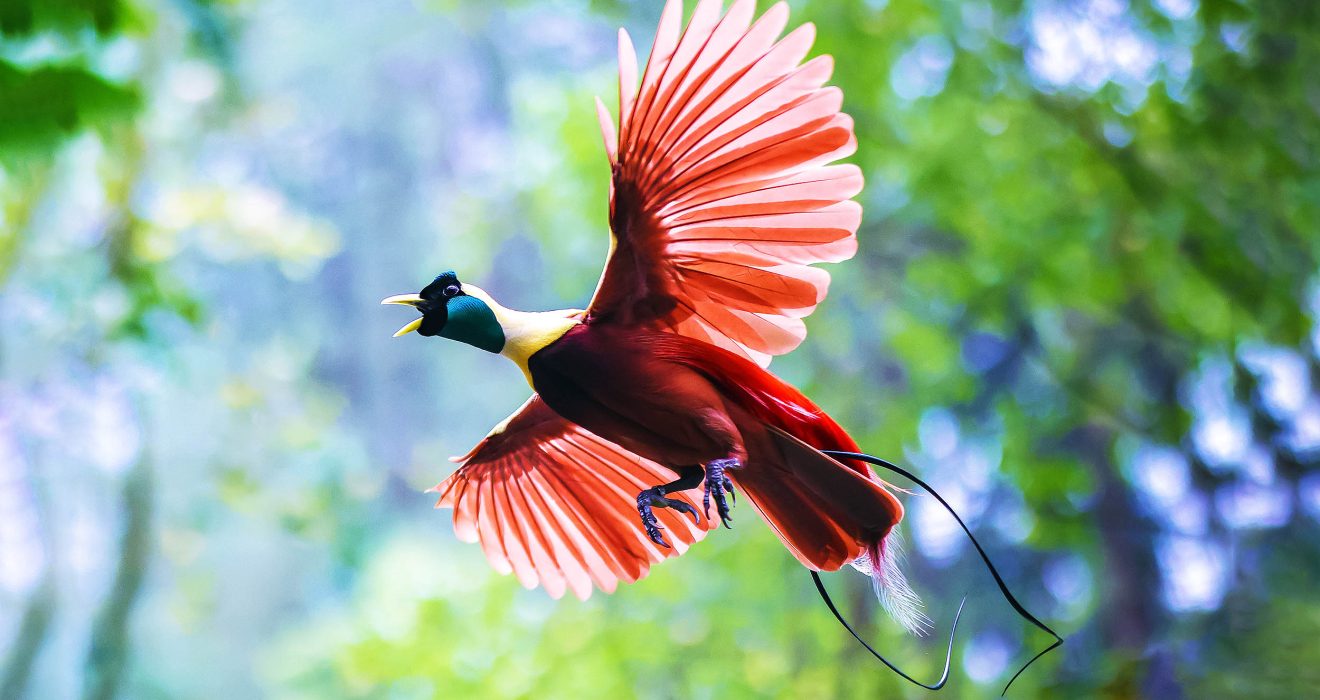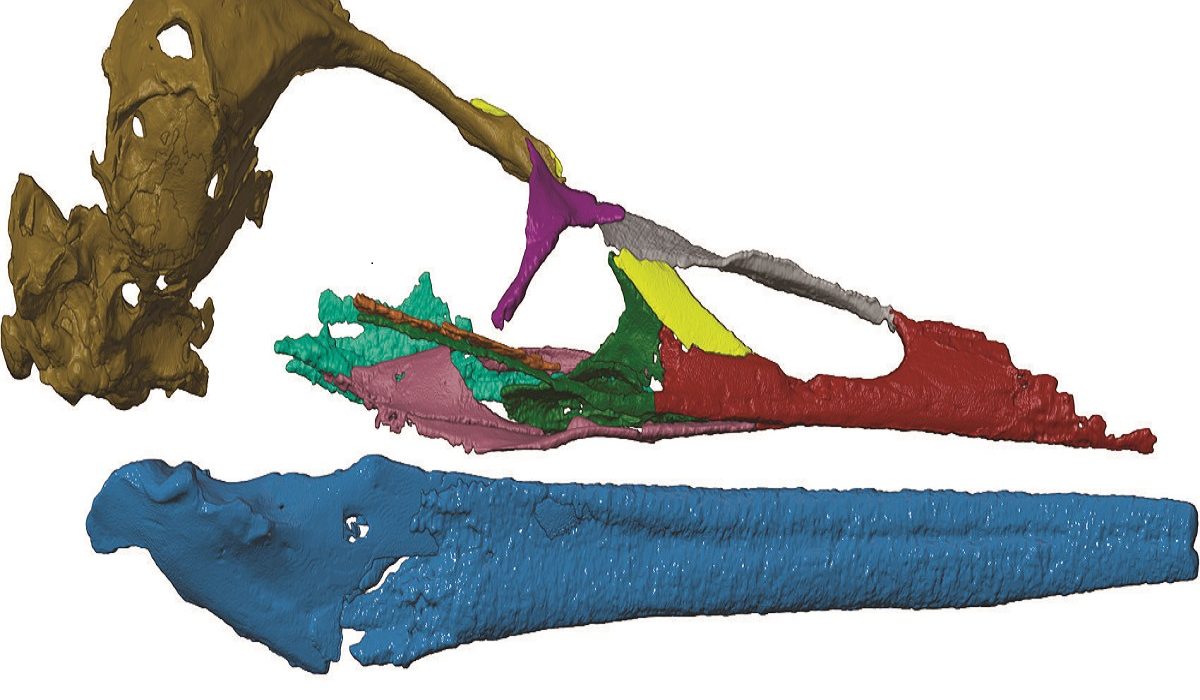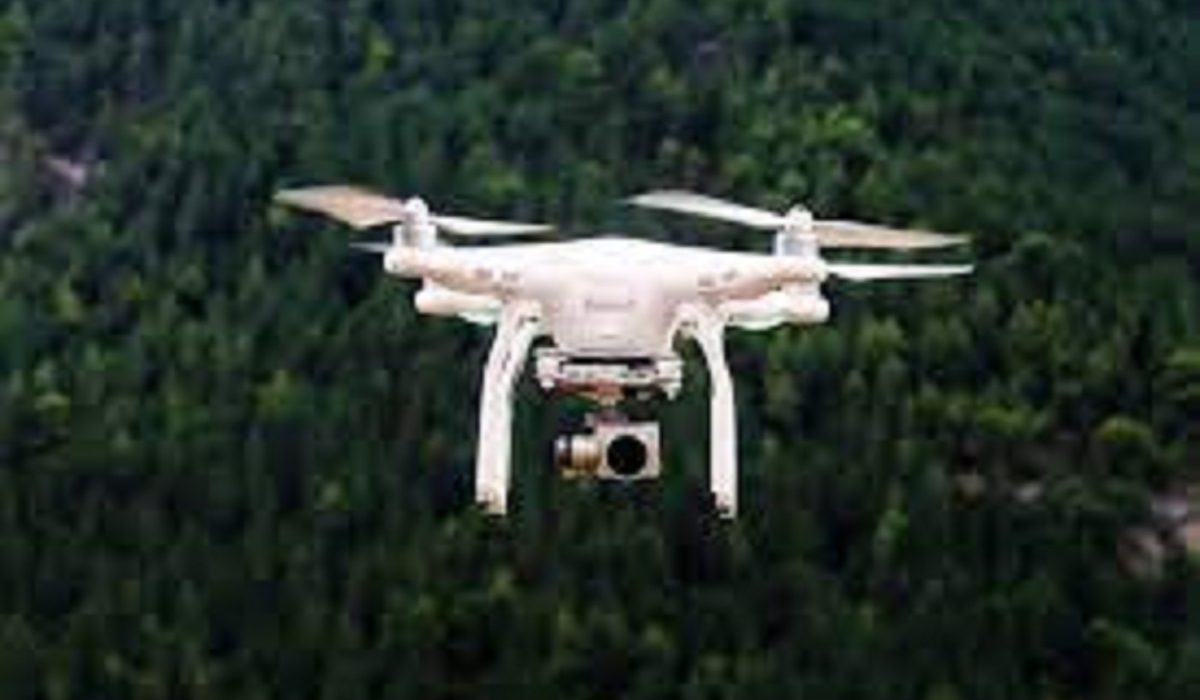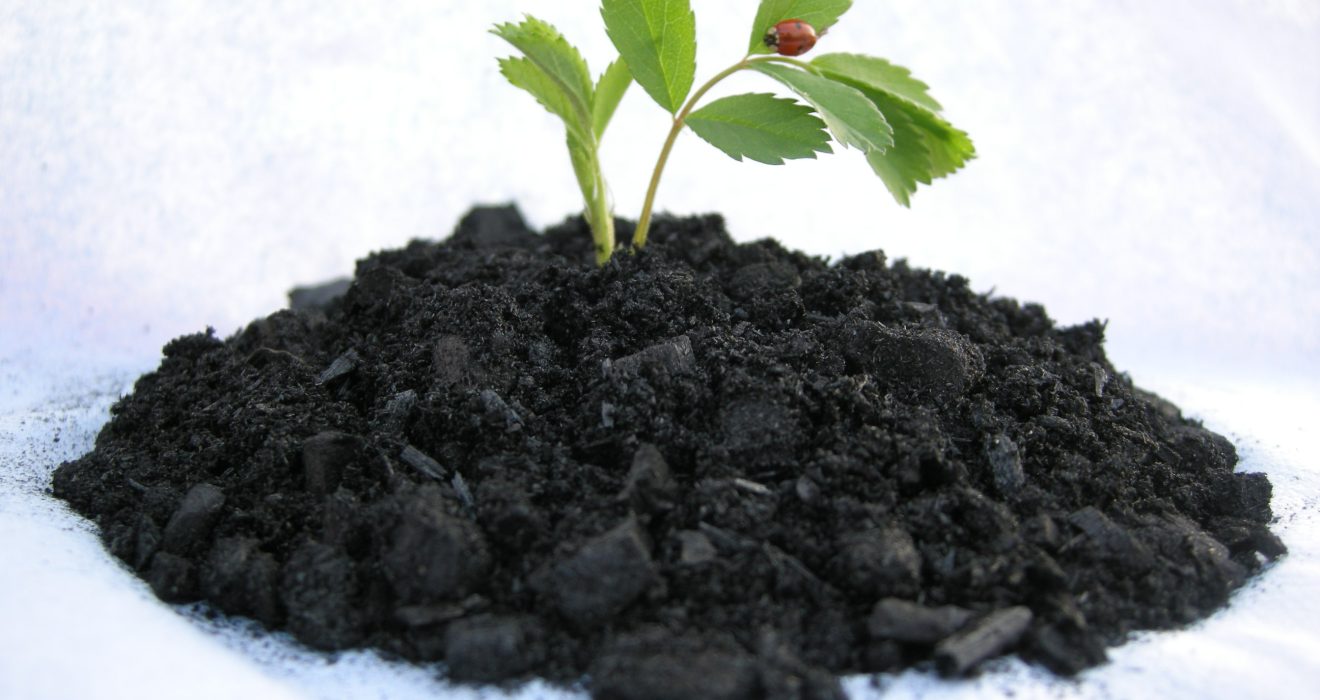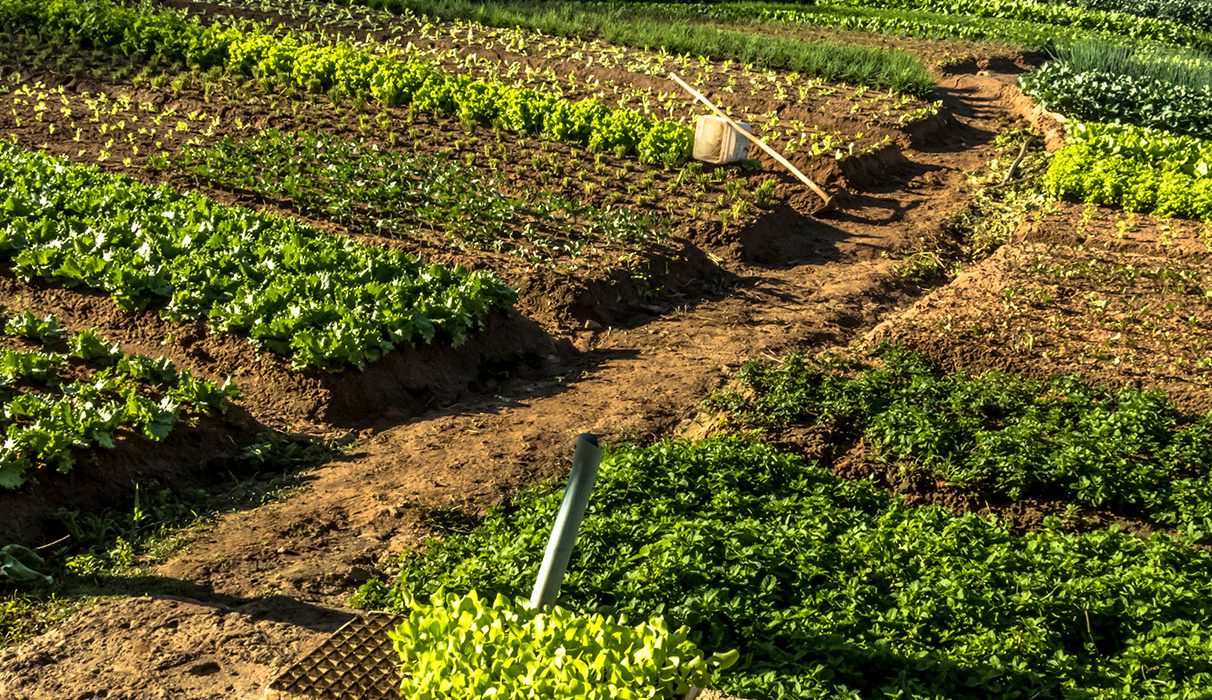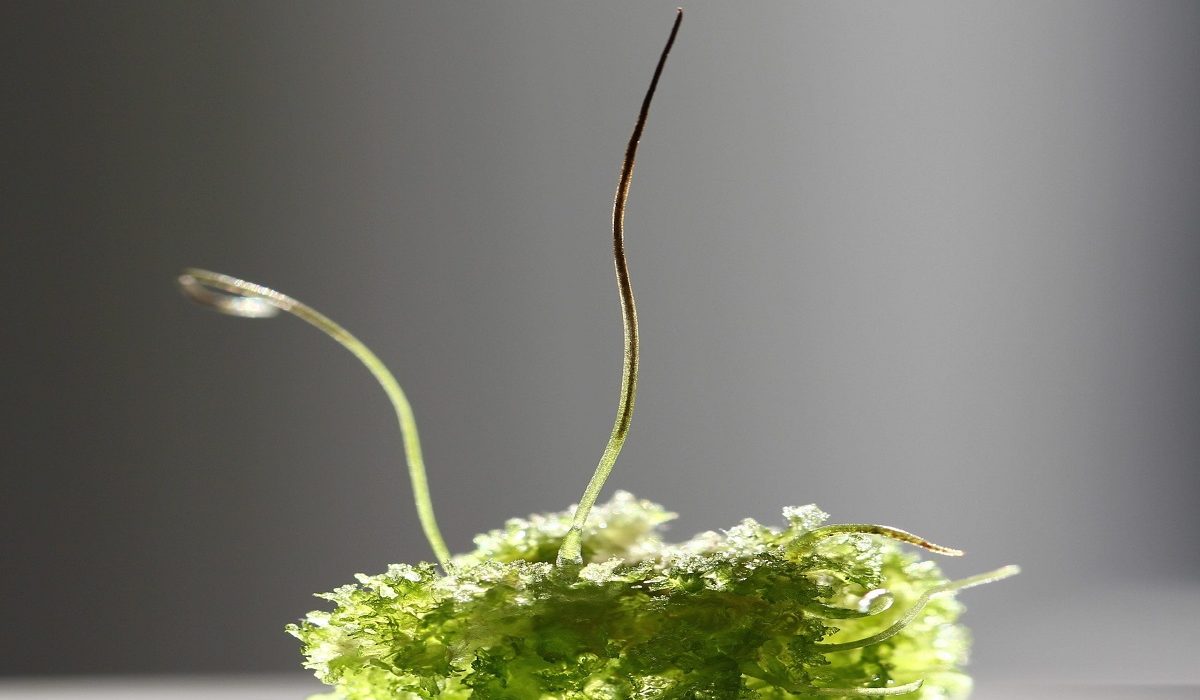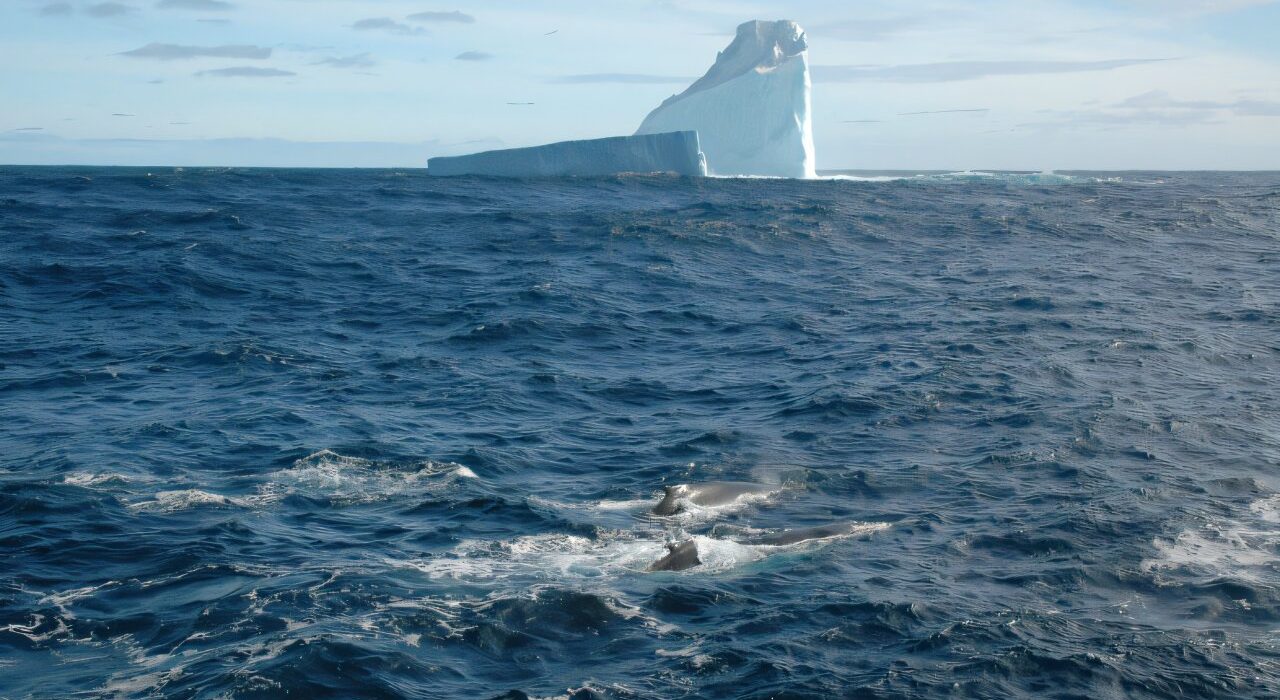Researchers from the University of Nebraska-Lincoln and the American Museum of Natural History have made a groundbreaking discovery: birds-of-paradise exhibit a distinct biofluorescent glow, which has never been observed in this species of bird previously. According to a study published in the Royal Society Open Science journal, biofluorescence is present [...]
